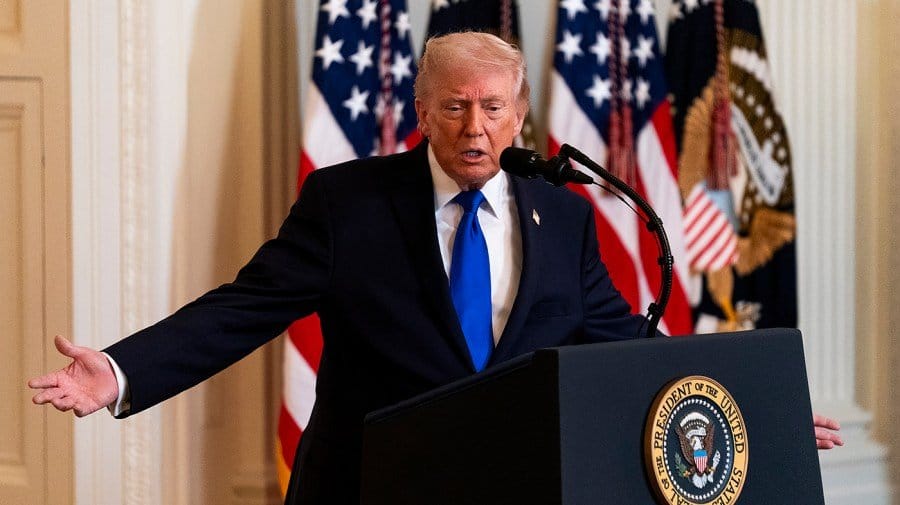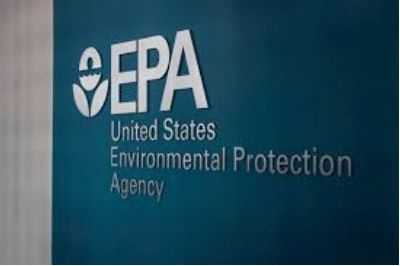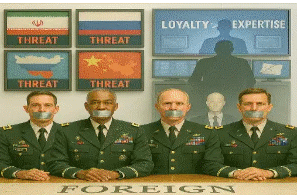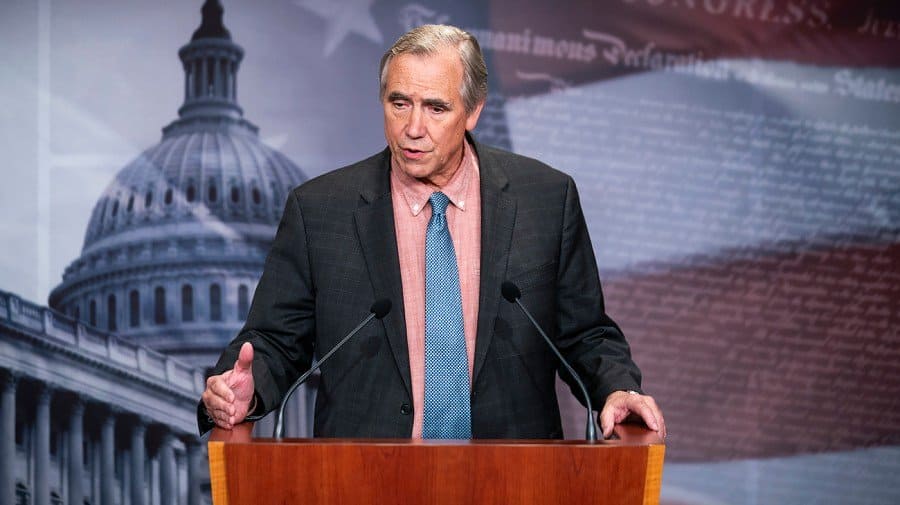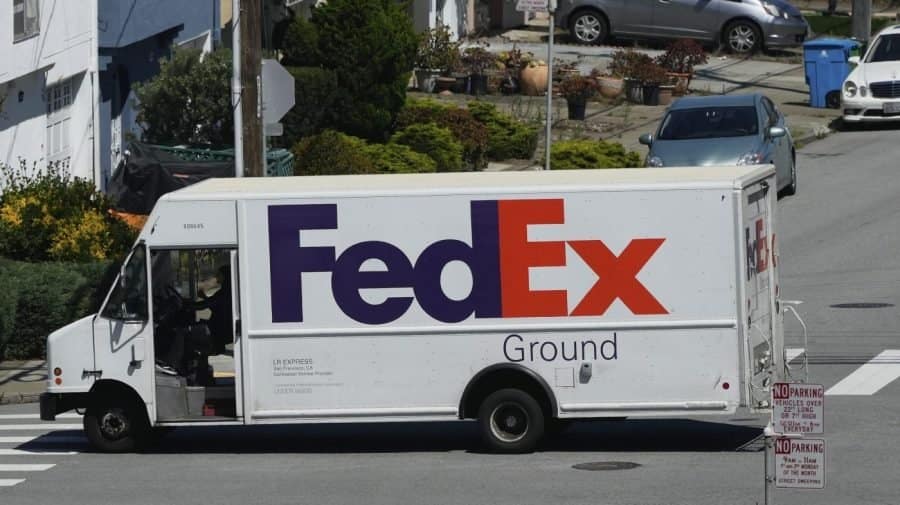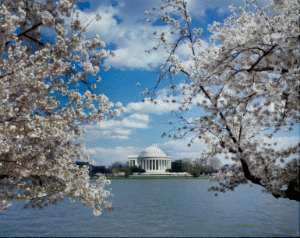
Deconstructing the President’s Legal Ignorance on Home Rule
President Donald J. Trump has once again renewed his threat to assume federal control of the city. He cited what he calls “out of control” crime and a failure of local leadership, and he asserted that if the city doesn’t “get its act together,” he will “federalize” it. D.C.’s local government immediately pushed back against the president’s statements, which also sparked a renewed debate over the legality and constitutionality of such a move.
Public data from the D.C. Metropolitan Police Department, however, tells a different story. The city has experienced a significant and sustained decline in violent crime, contradicting the president’s claims. By mid-2025, overall violent crime was down 26% compared to the same period in the previous year. Homicides have dropped by 12%, while robberies and assaults with a dangerous weapon have seen decreases of 28% and 20%, respectively. This data follows a sharp decline in 2024, in which violent crime fell by an even more dramatic 35%, marking a reversal of a previous spike.
The authority for President Donald J. Trump to take over Washington, D.C., is a contested issue, rooted in the city’s unique constitutional status and a long history of federal intervention. While President Trump has repeatedly threatened a federal takeover, legal experts caution he cannot do so by executive fiat alone.
The ultimate authority over the District of Columbia rests with Congress, not the presidency. According to Article I, Section 8 of the Constitution, Congress has “exclusive Legislation” over the federal district. For decades, Congress directly exercised this power, and federally appointed commissioners ran the city.
The Home Rule Act of 1973 established the framework for modern D.C. governance. This law allowed D.C. residents to elect their own mayor and city council, granting them significant autonomy over local laws and the city budget. However, the Home Rule Act did not relinquish congressional authority entirely. Congress explicitly kept the power to review and overturn any local legislation, a power it has exercised frequently.
While a president cannot simply “take over” the city by ousting its elected leadership, President Trump has some specific, though limited, legal avenues for influence. He can, for example, assume control of the D.C. National Guard without the consent of the mayor. The Home Rule Act also allows the president to take temporary control of the city’s police in a state of emergency.
For a full takeover to occur, legal scholars say President Trump would need to work with Congress to repeal or significantly amend the Home Rule Act. Such a move would be a politically and legally arduous task, requiring a majority vote in both the House and the Senate.
In the past, federal intervention has occurred, most notably in 1995 when Congress created a financial control board to address the city’s dire fiscal crisis. While this precedent shows that Congress will intervene in D.C. affairs, a complete elimination of home rule would be a far more dramatic and legally fraught action.
One has to question why, Washington DC. It’s really pretty simple. It’s not the crime rate that is too high but the number of Democrats that Trump doesn’t like.
